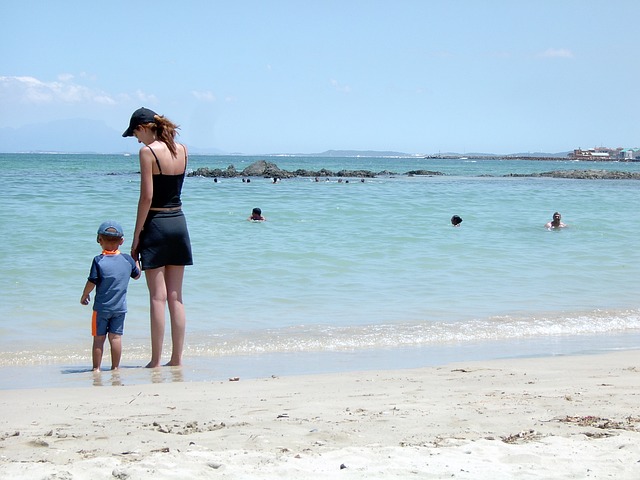A new by-law open for public comment aims to protect the Mother City’s beaches as a public asset, according to the City of Cape Town. If it goes ahead, it will also allow law enforcement officers to prevent negative impact on our coastal environments. One of the new proposed by-laws is the prohibition of foul or indecent language in coastal zones as they are frequented by families and children.
“Cape Town is synonymous with rolling waves, rocky shores, dolphins, whales, and sunsets on pristine beaches. Our coastline draws millions of tourists and local visitors every year; it is central to our identity, and gives us a sense of place and pride. We also cannot overestimate the importance of the coast to our local economy.
“It is a public asset that must be preserved and protected for current and future generations. The draft by-law will assist us to better manage our coastline and enable law enforcement of activities that may have a damaging impact on the coastal environment,” said the City of Cape Town’s Mayoral Committee Member for Spatial Planning and Environment, Marian Nieuwoudt.
New proposals presented by the by-law apply to coastal zones which are public areas that belong to all South Africans – these include seashore, coastal waters and the environment on, in, under and above the coastal areas.
In a broader manner of speaking the by-law addresses:
– Poaching, or illegal fishing
– harvesting or removal of vegetation
– removal of sand, pebbles, rocks, shells or kelp
– removal of or damage to indigenous coastal vegetation
– littering
– pollution and dumping
– encroachment of private property into coastal environments
– measures to remove encroachments and rehabilitate effected land
– possession or consumption of liquor or drugs
– hawking or doing business without authorisation
– launching of vessels
– issuing of fines for contraventions
The by-law addresses several integral elements that affect the Cape’s treasured coastal environments. Another issue needing to be addressed is the public having access to beaches that some might consider ‘part of their property’.
These two issues within the proposed by-laws have drawn the most interest from locals.
“One of the most important aspects of the proposed by-law is that it will give the City the legislative powers to enforce the public’s right to access and enjoy our beaches and sea. Some residents are claiming the beaches or parcels of land in front of their properties as their own private areas by either extending their homes or gardens, sinking swimming pools, or building walkways with ‘no-access’ signs on it. Our coastline belongs to all South Africans, and the by-law will be used to entrench this right,”said Alderman Nieuwoudt.
The City’s Coastal Management Branch has drafted the proposed by-law. It is founded on the principles of the Integrated Coastal Management Policy and Coastal Management Programme that were adopted by Council in 2014 and 2015 respectively, and the National Environmental Management Integrated Coastal Management Act 36 of 2014 as amended.
The draft of the by-law is available for public comment until September 2, 2019 and three more public hearings will be hosted across Cape Town where residents are invited to comment and ask questions.
Pictures: Pixabay

